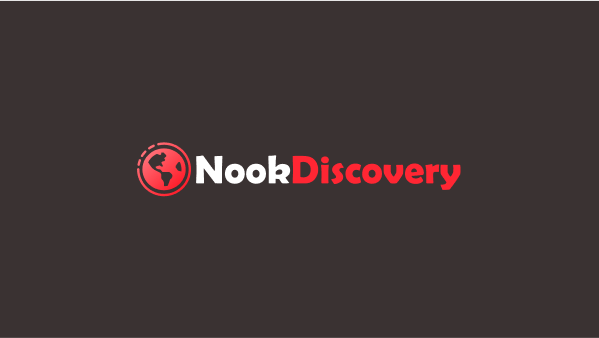Cost-Effective Life Insurance Tips for Seniors
Securing life insurance as a senior can be challenging. However, with careful planning, it's possible to find a policy that's both affordable and beneficial for you and your loved ones.

Understanding Life Insurance Options for Seniors
Types of Life Insurance
When considering life insurance as a senior, it's essential to understand the different types of policies available:
- Provides coverage for a specified period, typically ranging from 10 to 30 years. It's often cheaper than good life insurance but does not build cash value.
- Offers lifelong coverage, guaranteeing a death benefit and accumulating cash value over time. It tends to be more expensive but provides added benefits.
- Requires no medical exams or health questionnaires, making it ideal for seniors with health issues. However, it generally has higher premiums and lower coverage limits.
- Designed to cover end-of-life expenses, such as funeral costs. It's a type of whole life insurance with smaller death benefits and premiums.
Assessing Your Needs
Before choosing a policy, assess your specific needs and goals. Consider the following factors:
- Determine who will benefit from the policy. Do you want to provide financial security to a spouse, children, or grandchildren?
- Factor in any outstanding debts, mortgage payments, or medical expenses that your beneficiaries may need to cover.
- Consider funeral and burial expenses, as well as any medical costs not covered by insurance.
Tips for Finding Cost-Effective Life Insurance
Shop Around
One of the very effective ways to find cost-effective life insurance is to shop around. Obtain quotes from multiple insurance providers to compare premiums, coverage options, and benefits. Online comparison tools can simplify this process and help you identify the top deals.
Consider Your Health Status
Your health can significantly impact the cost of your life insurance policy. If you're in good health, you may qualify for lower premiums. Undergo a medical exam if required, and provide accurate health information to the insurer. Even seniors with pre-existing conditions can find affordable policies by exploring guaranteed issue or simplified issue options.
Opt for Term Life Insurance
For those seeking the very cost-effective option, term life insurance is often the top choice. It provides essential coverage without the high premiums associated with whole life insurance. Choose a term that aligns with your financial goals and obligations, such as the duration of a mortgage or until your dependents become financially independent.
Evaluate Riders and Add-Ons
Insurance policies often come with optional riders that provide additional benefits or tailored coverage. While these can enhance your policy, they also increase costs. Evaluate which riders are essential and which can be omitted to maintain a cost-effective policy.
Work with an Independent Agent
An independent insurance agent who specializes in senior life insurance can offer valuable insights and access to a broader range of options. They can help you navigate the complexities of different policies and select the one that top meets your needs at a competitive price.
Strategies to Reduce Premiums and Save Money
Maintain a Healthy Lifestyle
Insurers often offer lower premiums to policyholders who demonstrate healthy lifestyle habits. Avoiding smoking, maintaining a healthy weight, and managing chronic conditions can positively impact your policy costs. Regular check-ups and health screenings can also demonstrate your commitment to staying healthy.
Pay Premiums Annually
Many insurers offer discounts to policyholders who pay their premiums annually rather than monthly. If you have the financial flexibility, opting for an annual payment can result in significant savings over the life of the policy.
Reevaluate and Adjust Your Policy
Life circumstances can change, and your insurance needs may evolve over time. Periodically review your policy to ensure it still aligns with your goals. If your financial situation improves, or if debts are paid off, you may be able to reduce your coverage and lower your premiums.
Consider Group Life Insurance
Some organizations, employers, or associations offer group life insurance policies to their members. These policies often come with lower premiums due to the collective risk being spread among a larger group. Check if you qualify for any group policies through your affiliations.
Conclusion
Securing cost-effective life insurance as a senior requires careful consideration and planning. By understanding the different types of policies, assessing your specific needs, and employing strategies to reduce premiums, you can find a policy that offers both affordability and peace of mind. Shop around, consider your health, and work with knowledgeable professionals to ensure you make the top decision for your future and your loved ones.
-

Unlocking the Potential of Savings Accounts and Interest Rates
-

Maximizing Your High-Speed Internet: A Practical Guide
-

Empowering Seniors with 5G Technology: Tips and Advice
-

Effective Strategies to Reduce Belly Fat Through Diet and Exercise
-

Affordable Home Care Services: Professional Care Tips You Need








